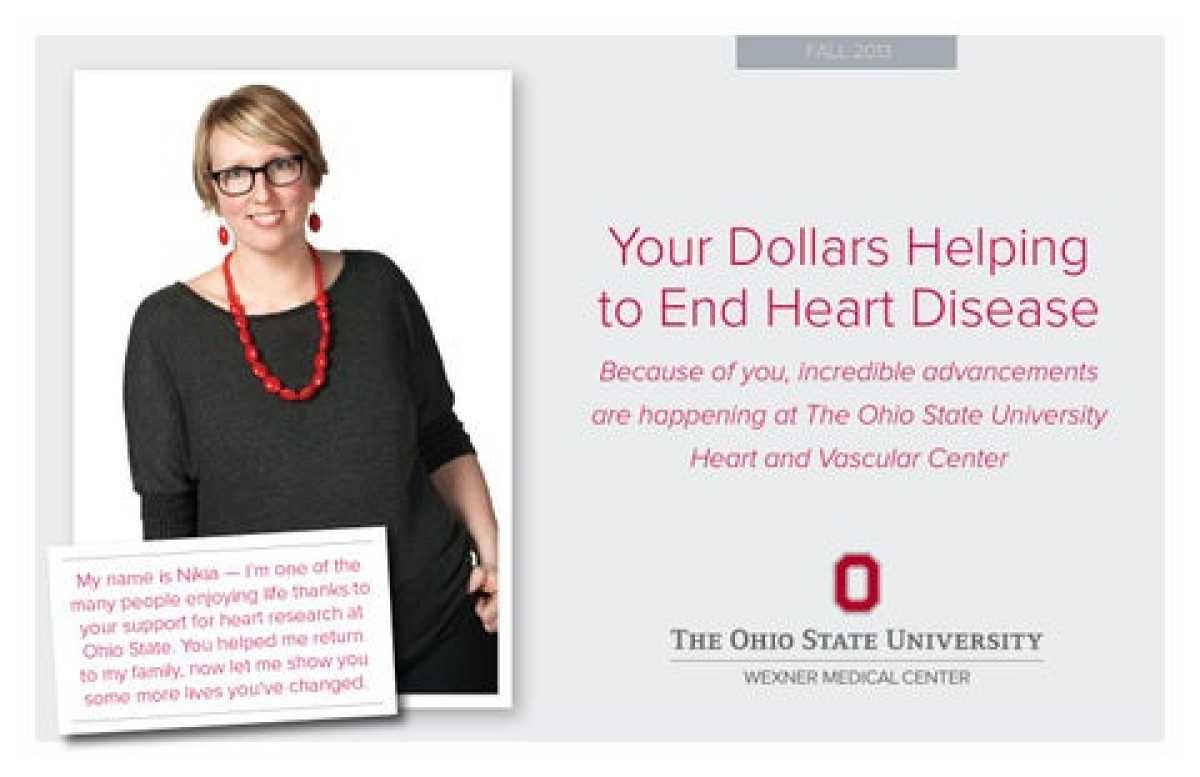Health
Ohio State University Reaches Milestone in Cardiovascular Health Promotion

On the brink of Valentine’s Day, The Ohio State University marked a significant achievement in promoting cardiovascular health by surpassing 100,000 screenings to detect potential heart-related issues and offer guidance for healthier living. An interdisciplinary team comprising faculty, staff, and students from the Schools of Nursing and Pharmacy orchestrated screenings at Ohio State’s Thompson Library on Tuesday morning.
Kate Gawlik, an associate professor of clinical nursing, explained that the screenings encompassed blood pressure assessments, stress evaluations, and body mass index calculations, followed by personalized discussions on habits such as smoking, exercise routines, and dietary patterns with a focus on reducing individual cardiovascular risks.
For over a decade, Ohio State, under the guidance of the Office of the Chief Wellness Officer, has been in partnership with the Centers for Disease Control and Prevention’s Million Hearts program – standing as the sole higher education institution in the nation with such a collaboration. Ohio State created the Million Hearts program, leading to over 100,000 Americans receiving screenings and education on heart health. The CDC honored Ohio State and the Wexner Medical Center as a Million Hearts Screen site owing to their substantial impact on cardiovascular health and well-being.
The CDC reports heart disease as the primary cause of mortality in Ohio and nationwide. In 2021, Ohio ranked 11th in the country for death rates from heart disease. Kate Gawlik stressed the importance of early detection and prevention, mentioning that cardiovascular disease is responsible for 80% of preventable fatalities globally through lifestyle modifications.
Assisting with the screenings at the library was Adeline Racan, a second-year nursing major, who affirmed the significance of such initiatives in promoting community well-being. Each screening typically lasts 15 to 20 minutes and provides valuable insights for individuals who participate. She encouraged the Ohio State community to embrace these screenings, emphasizing how minor efforts can yield significant impacts.
The program’s focus moving forward will include educating healthcare professional students and practitioners on the Million Hearts initiative to extend screenings across the community. Gawlik reiterated that simple lifestyle adjustments can significantly reduce the risk of cardiovascular diseases, underlining the program’s mission to educate individuals and facilitate early detection.












